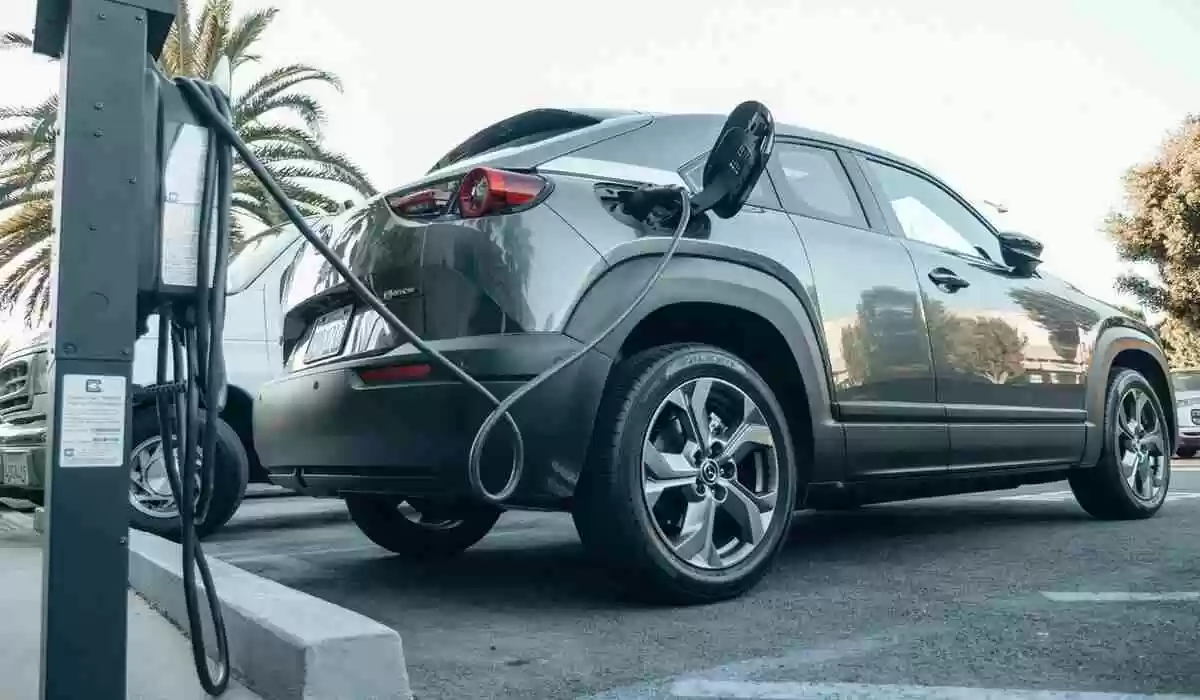As the United States moves toward a green future, more incentives are being introduced at the state level to encourage people to buy electric vehicles (EVs) and build charging stations for them. These benefits are important in accelerating the transition from gasoline vehicles to cleaner, greener electric vehicles. Understanding these state-by-state benefits can help electric vehicle owners and those looking to purchase an electric vehicle make informed choices about purchasing and charging. This article discusses all the different types of EV charging incentives available in all 50 states. It also discusses how these incentives impact the number of people purchasing electric vehicles.
Overview of EV Charging Incentives
Electric vehicle charging incentives are intended to reduce the cost of owning and operating an electric vehicle and make it easier for more people to do so. Some of these benefits include tax credits, rebates, subsidies, and lower energy rates. They can be used for various parts of owning an electric car, such as the price of the car itself, setting up charging equipment at home, and using public charging stations. The idea behind these incentives is to make electric vehicles (EVs) more attractive to buyers by lowering the start-up costs of the vehicles and their associated charging stations.
Understanding the Diversity of State Incentives
The incentives for electric vehicles (EVs) are not the same across the United States. Instead, each state has its own set of incentives, based on its environmental policies, budget constraints, and commitments to reduce carbon emissions. For example, California, an environmental leader, offers big discounts to people who buy electric cars and set up charging stations for them. These benefits are part of a larger plan to reduce vehicle pollution and encourage cleaner transportation options. However, countries that rely heavily on oil and gas may not offer incentives at all, depending on their economic needs and policy objectives.
Changes in Electric Vehicle Adoption
The amount and strength of state subsidies directly affect electric vehicle sales. When states create strong incentive programs, more electric cars are sold and more electric car charging stations are built everywhere. These incentives not only make it easier for people to afford electric vehicles but also show support for environmentally friendly transportation, which could change people’s minds and make more people want to buy electric vehicles.
Problems and Possible Future Paths
Government incentives are important to support electric vehicles, but they also come with some problems. A major problem is ensuring that these rewards are sustainable. As more people buy electric cars, state budgets may have to absorb more spending, which could mean that incentive programs need to be changed or cut. Different states may also have different incentives for electric vehicle adoption, which could impact where EV manufacturers and infrastructure developers choose to invest.
Government incentives can continue to change over time. As battery technology improves and electric cars become more expensive, there may be less need for incentives. But for now, these benefits remain a major reason for people to buy an electric car. In addition, states may work more collaboratively, which could lead to a more standardized approach across the country. Such coordination could help resolve the current tangle of incentives and make the situation more stable for consumers and car companies.
Conclusion
Government incentives for electric vehicle charging are a key part of the U.S. plan to reduce carbon emissions and support clean transportation. These incentives vary considerably in different parts of the country due to differences in economic conditions, environmental objectives, and local concerns. Consumers must understand the specific incentives available in their country to make an informed choice about purchasing and driving an electric vehicle. As the environment in which electric vehicles are used changes, so do the incentives. This will have a significant impact on the future of transportation in the United States.
FAQs
1. What are the benefits of charging electric vehicles?
State-provided financial assistance in the form of electric vehicle charging incentives encourages people to purchase and use electric vehicles and install charging stations for them. Tax credits, rebates, subsidies, and lower energy prices are some examples of such incentives.
2. Why do electric vehicle charging incentives vary from state to state?
Different states have different incentives because they all have their own environmental goals, spending limits, and regulations. Some states may want to reduce carbon pollution faster so they can offer greater incentives to get more people to buy electric cars.
3. Where can I find the best incentives to charge my electric car?
States like California, New York, and Colorado are known for offering huge tax breaks to EV owners and charging station builders. To encourage people to buy electric vehicles, these states are offering a variety of rebates, tax breaks, and relief measures.
4. How can I find out more about the benefits in my country?
You can learn more about incentives in your state by visiting the Department of Motor Vehicles (DMV) or Department of Energy websites. Additionally, services like the Alternative Fuels Data Center (AFDC) have a comprehensive list of all available state and federal incentives.
5. Will the government also help with charging electric vehicles?
Yes, the federal government does offer some benefits, such as tax breaks for purchasing a new electric car and possibly even tax breaks for setting up electric car charging stations at home or work. You can use these government incentives in addition to state incentives.
6. Does the incentive cover the purchase of an electric vehicle and the installation of a charger?
Yes, many places offer tax breaks for buying electric cars and setting up charging stations for them. But the details and amounts of buying an electric car and setting up a charging station can vary widely.
